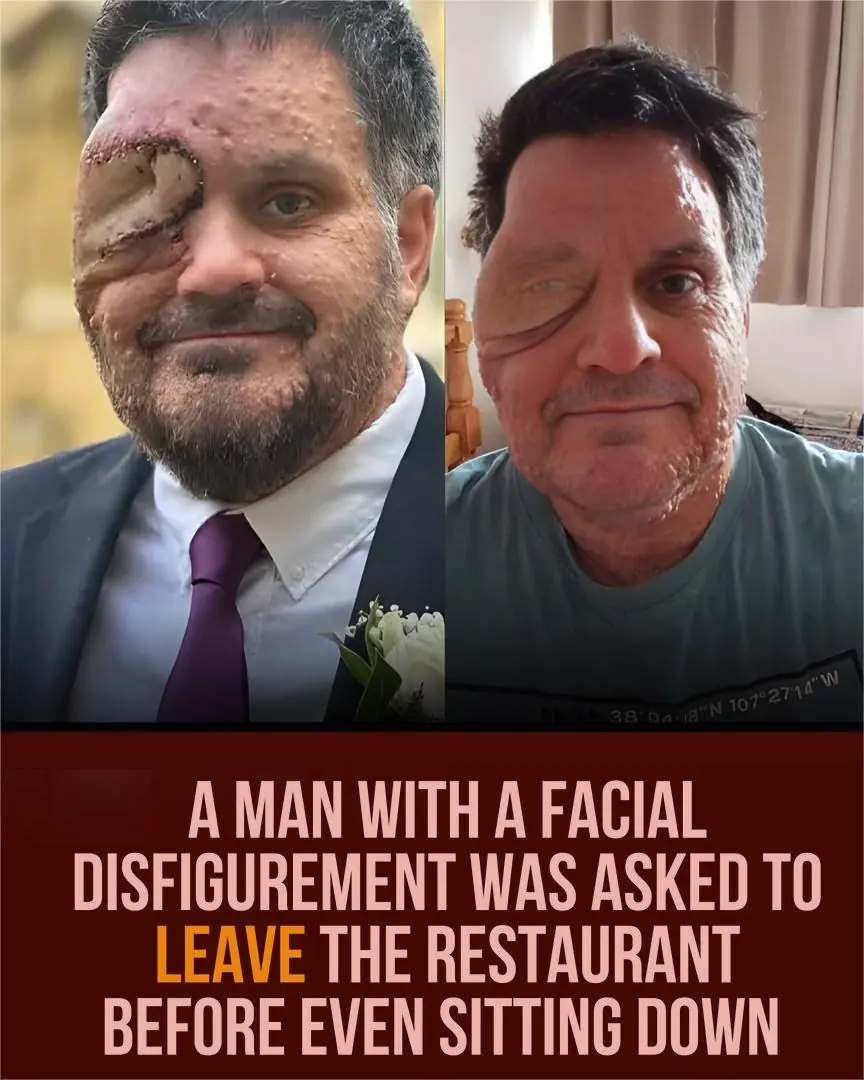
Man With Facial Disfigurement Asked to Leave Restaurant Before Sitting Down
In a distressing case that has sparked widespread outrage, a man with a facial disfigurement was asked to leave a restaurant in London before he even had the chance to sit down. The incident highlights the persistent stigma and discrimination faced by people with visible differences — despite growing public awareness about inclusion and respect.
The Incident
According to reports, 42-year-old Oliver Bromley, who lives with a rare genetic condition called Neurofibromatosis Type 1, visited a London restaurant in September 2024 for a casual meal. Before he could even take his seat, staff approached him and asked him to leave, allegedly saying his appearance was “scaring customers.”
Bromley was left shocked and humiliated. “I had barely stepped inside when they told me I couldn’t stay,” he later said. “It was one of the most dehumanizing experiences of my life.”
A Hate-Crime Investigation
Following the encounter, Bromley reported the incident to the Metropolitan Police, who officially logged it as a hate crime. Disability-rights organizations, including Nerve Tumours UK, condemned the act, describing it as a clear example of how people with visible conditions continue to be marginalized in public spaces.
A spokesperson for the charity noted that individuals living with Neurofibromatosis often face daily judgment, bullying, and social exclusion. “No one should be made to feel ashamed of how they look,” the organization said. “This is not just about one person — it reflects a much broader issue of societal prejudice.”
Public Reaction and Awareness
The case quickly gained attention online, prompting thousands of social-media users to express outrage and support for Bromley. Many shared their own experiences with discrimination, while others called for stronger protections and sensitivity training in hospitality businesses.
Advocates stressed that education and awareness are vital to preventing such incidents. Experts also highlighted the need for greater representation of people with disfigurements in media and public life to normalize visible differences and reduce fear or ignorance.
A Call for Respect and Equality
Bromley, who has endured multiple surgeries and ongoing medical challenges, said he hopes speaking out will drive change. “I don’t want pity,” he stated. “I just want to be treated like anyone else — to walk into a restaurant, order my food, and enjoy my day without being judged for my face.”
This incident serves as a stark reminder that discrimination against people with disabilities and visible conditions remains a serious human-rights issue. Equality and empathy must extend beyond words — they should be practiced in every workplace, public venue, and act of daily interaction.
News in the same category


The Windows 10 Wallpaper That Was Shockingly Real
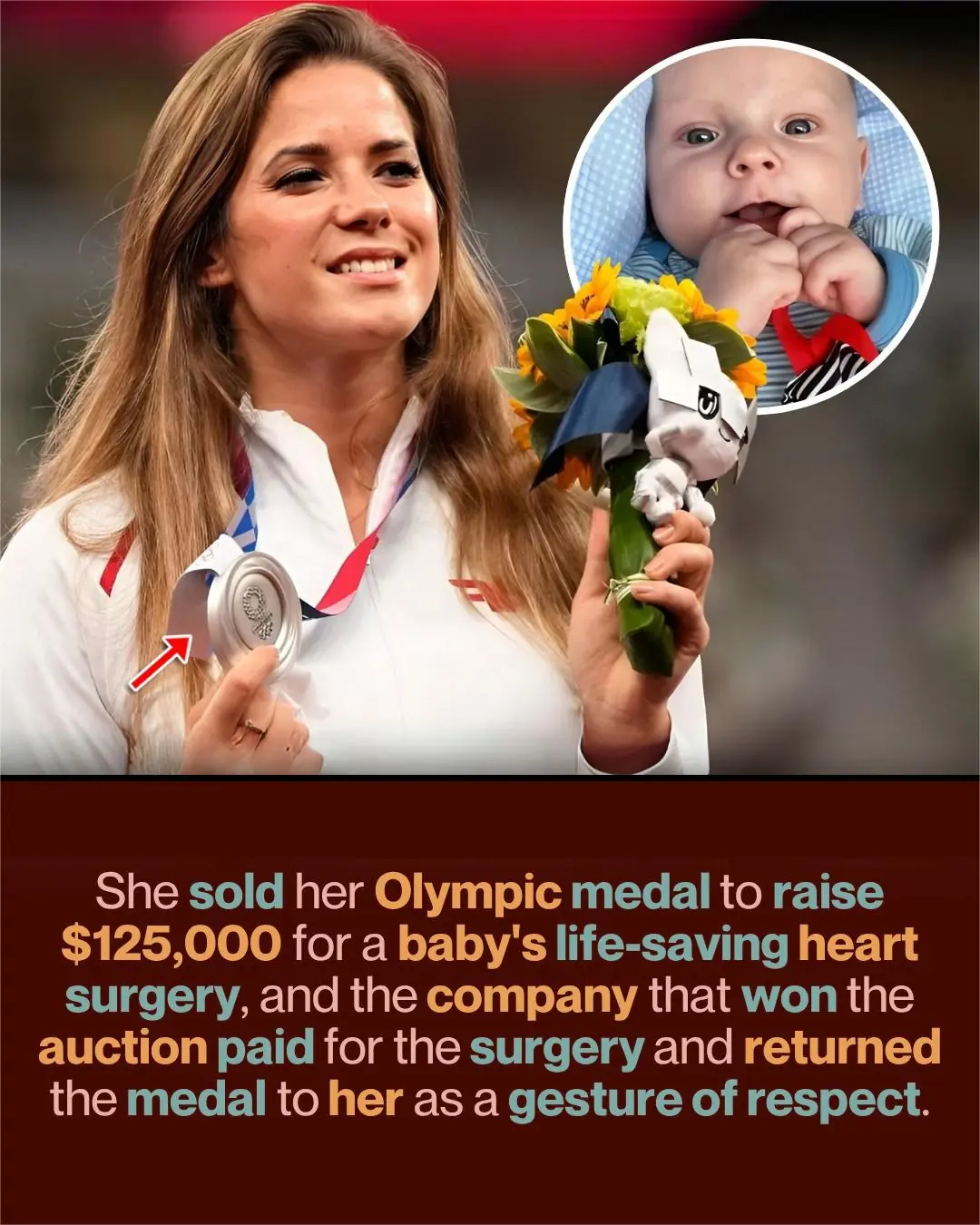
Olympic Medal Turned Into a Miracle: The Selfless Act of Maria Andrejczyk
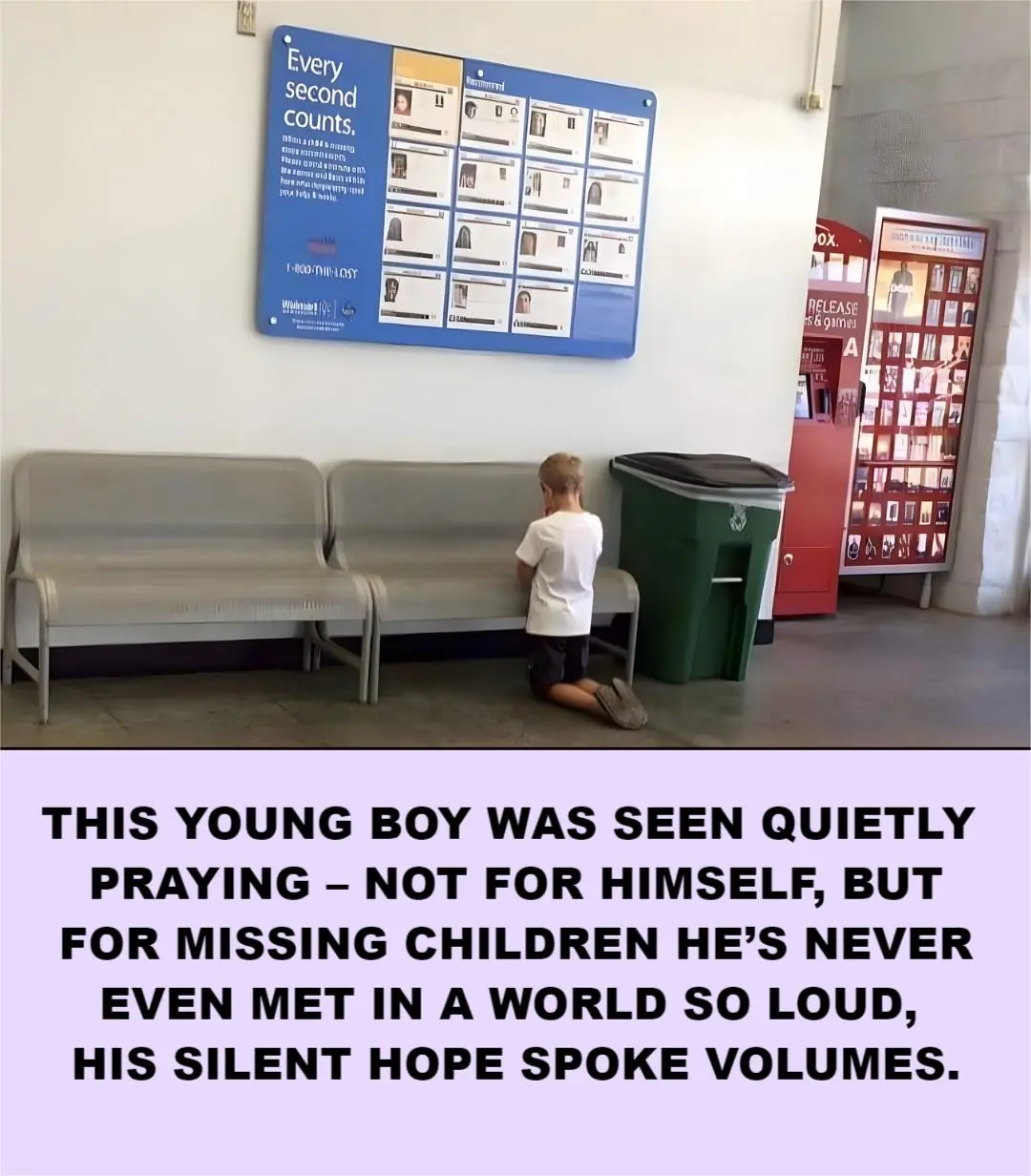
A Little Boy’s Silent Prayer That Touched the World

Bullied 7-Year-Old Boy Finds a Kindred Spirit in Cat With the Same Rare Conditions
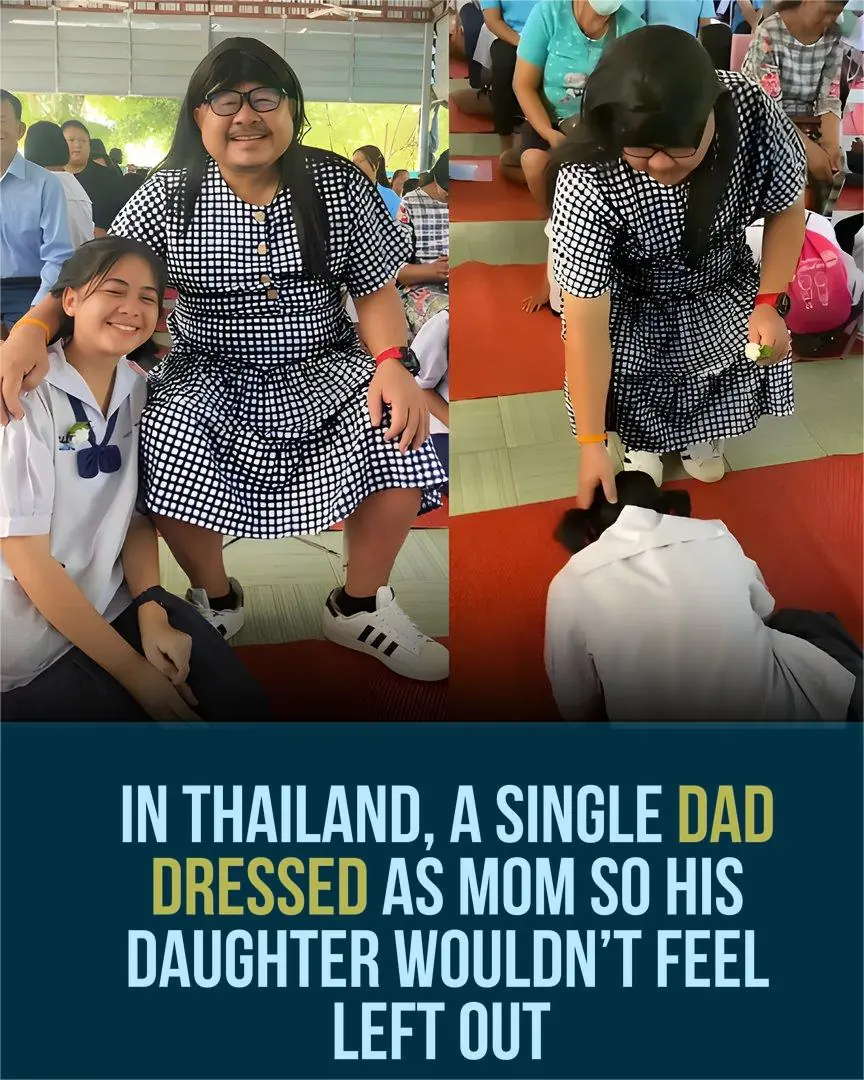
Single Dad in Thailand Dresses as Mom to Support His Daughter

She Had 43 Cosmetic Procedures To Become A Barbie Doll – Critics Say She Looks Like A ‘Zombie’
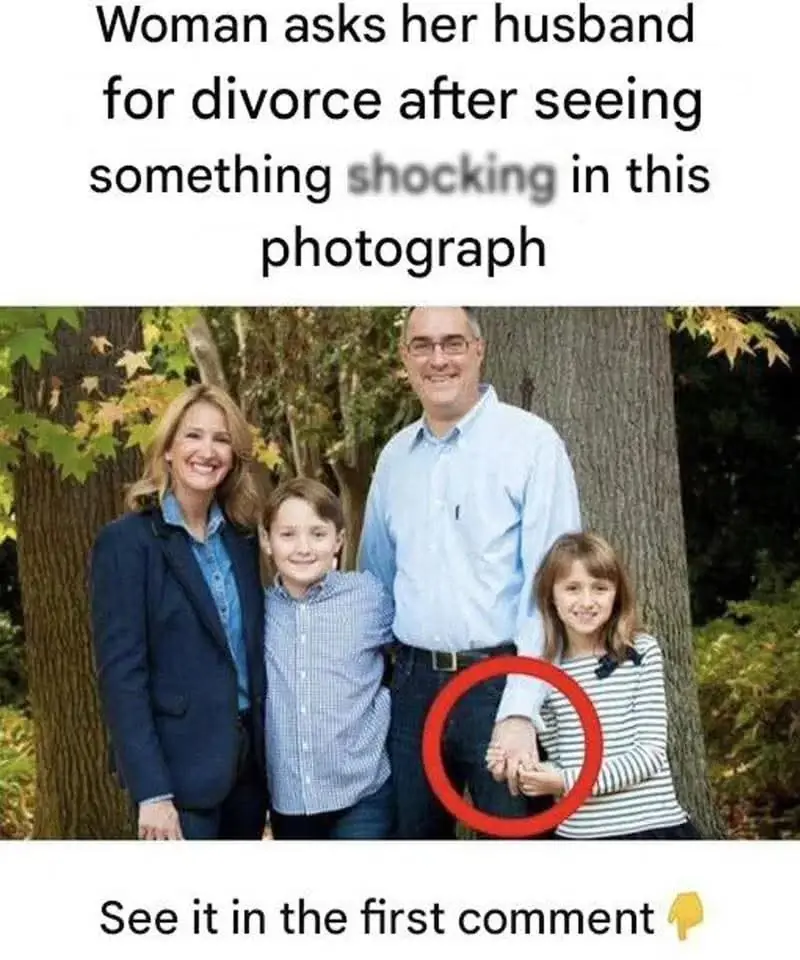
She believed it was just an ordinary photo — but zooming in revealed a shocking truth that turned her world upside down
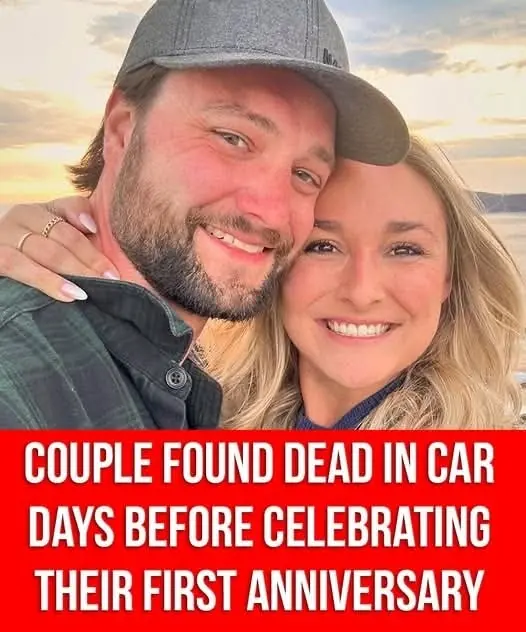
Newly married couple tragically discovered dead in their car just weeks before celebrating their first anniversary
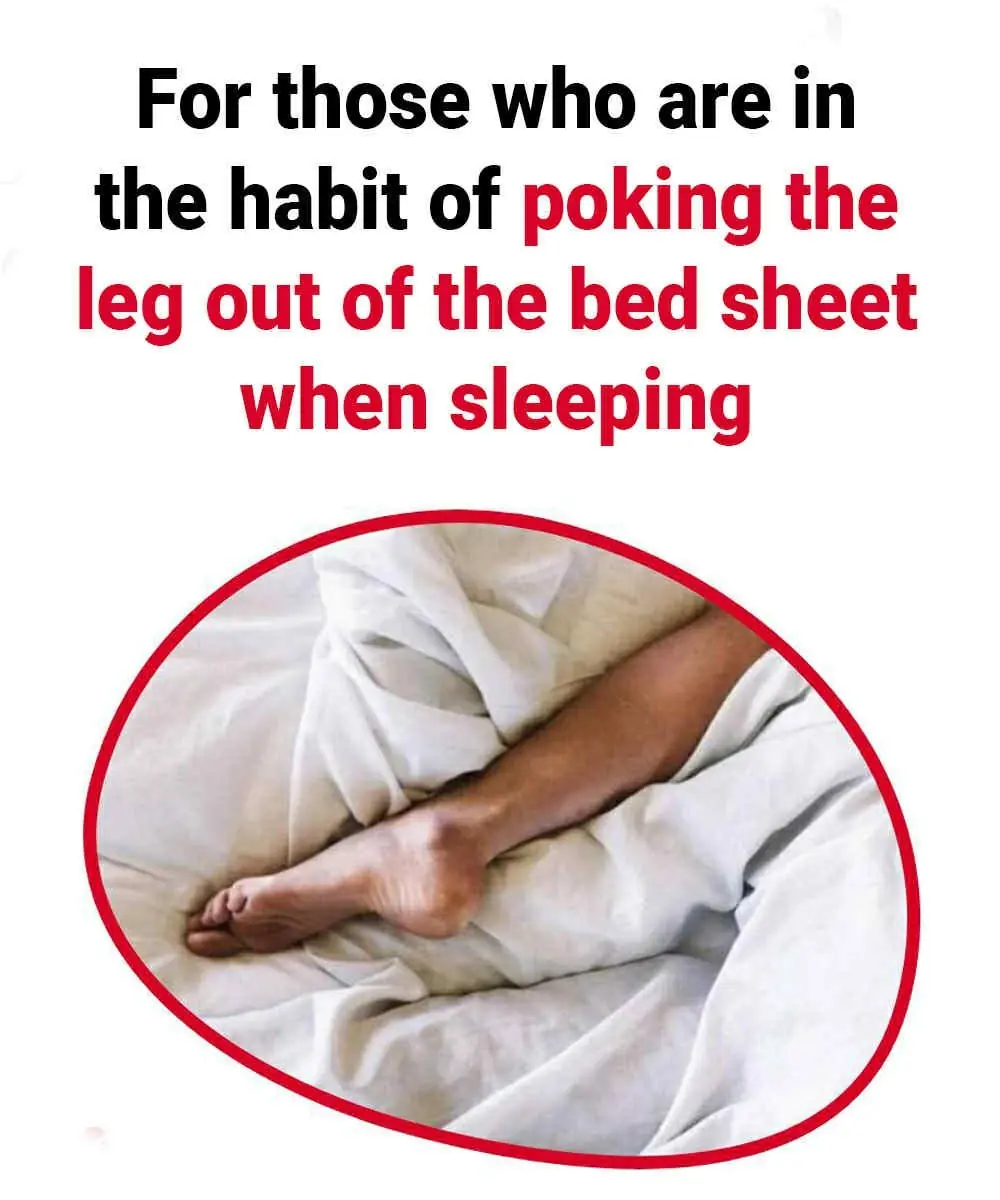
Sleeping Trick? Why Sticking One Foot Out Actually Works
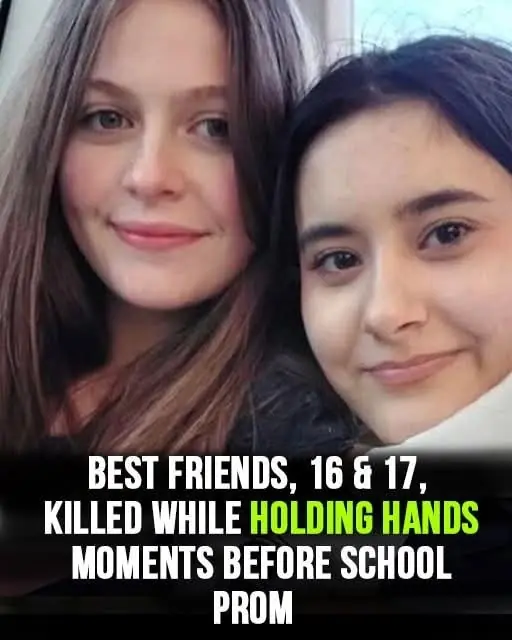
Two best friends died hand in hand in an accident right before prom night
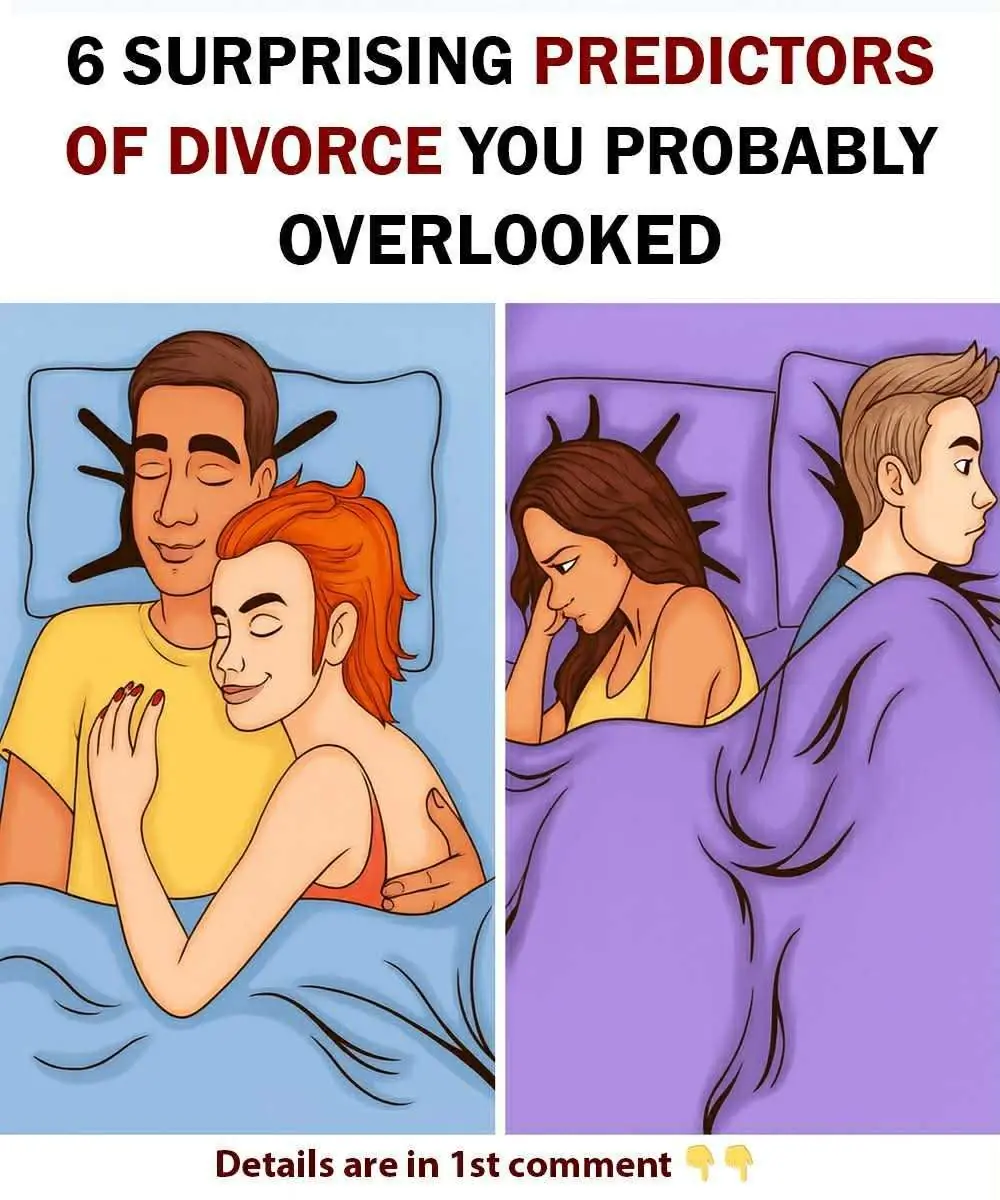
Divorce warning signs you might be ignoring

🌱 UBC Scientists Develop the World’s First Mushroom-Powered Waterless Toilet

Elon Musk: Building a Thriving Mars Colony Means 100,000 People, 1 Million Tons of Cargo and a Mission Beyond Just Arrival

October 21: Rare Green Comet Meets Orionid Meteor Shower in a Double Cosmic Spectacle

Indian Engineers Win Ig Nobel Prize for UV Shoe Rack That Kills Bacteria and Eliminates Odor

Nobel Prize 2025: Breakthrough Discovery Reveals How the Immune System Knows When to Stop Attacking Itself

GE’s Haliade-X: The World’s Most Powerful Wind Turbine Revolutionizing Clean Energy
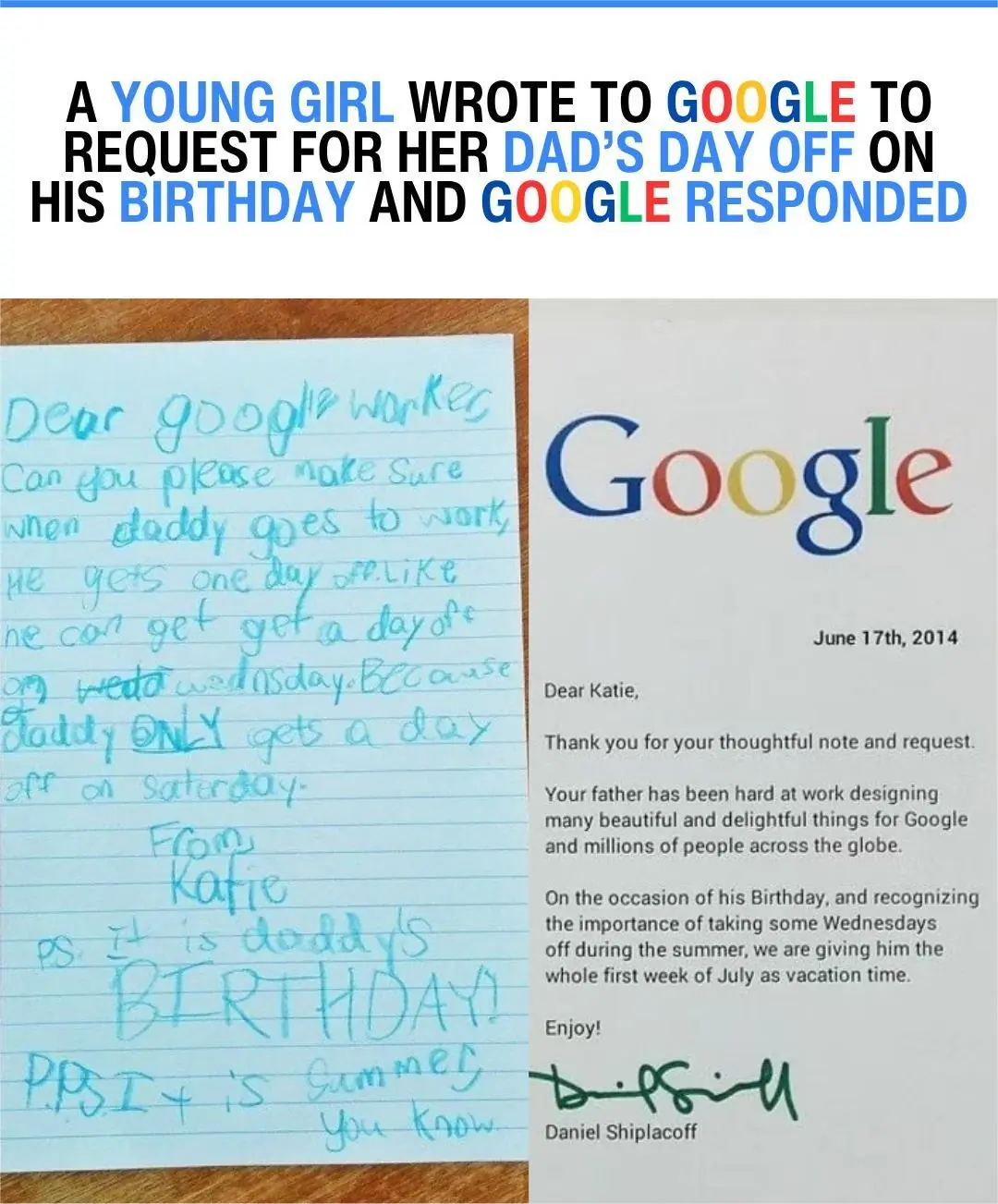
Google Grants a Special Birthday Wish from a Little Girl
News Post

WHAT HAPPENS WHEN WE TONGUE KISS…See more

Nature’s Secret: 4 Healing Leaves That Support Metabolism, Immunity & Circulation Naturally

Don’t Drink Coconut Water Before You Know These 11 Secrets!

Pumpkin Seed Milk — The Natural Parasite Cleanser

Fast Rice Water Trick for a Brighter Smile

Morning Drink to Revive Your Kidneys Fast

The Onion Recipe That Could Transform Your Blood Sugar, Support Cleaner Arteries, and Protect Your Heart!

Top 4 Fruits That Help Your Kidneys Flush Out Toxins While You Sleep

Ginger, Clove, and Honey: The Natural Trio Your Body Will Thank You For

Heal 15 Years of Joint Pain Naturally with Turmeric and Honey Tea

This Juice Revived My Grandma’s Energy — Say Goodbye to Fatigue and Body Pain with This Natural Recipe

The Benefits of Eating 2 Boiled Eggs Every Morning: Transform Your Health!

If Your Kidneys Are in Danger, Your Body Will Send You These 8 Signals — Don’t Ignore Them

The Surprising Effects of Avocado on Your Heart and Brain

Ways to Get Over a Man Who Didn’t Value You

I’m 66 but Look 36 — My Secret? Aloe Vera & Ginger for Firm, Smooth Skin

How to Make Okra Water to Treat 17 Health Problems Naturally

Banana and Egg Mask to Look Younger Even in Your 80s

Scent Leaf Secrets Unveiled: 10 Surprising Health Benefits of This Miracle Herb

